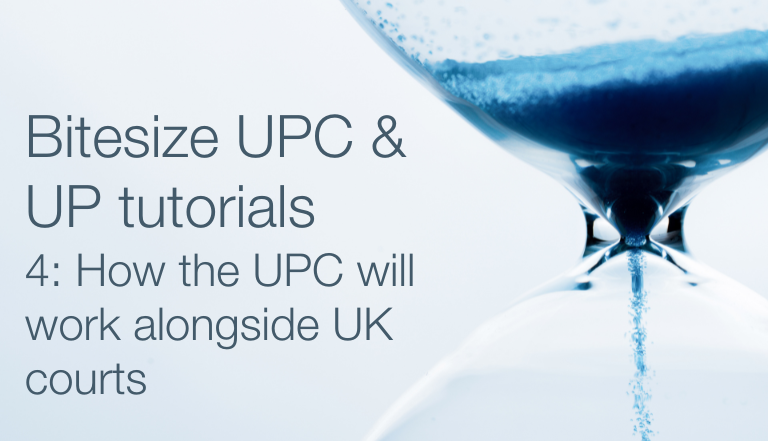The United Kingdom was initially an enthusiastic participant in the UPC project. However, once the UK chose to leave the European Union in 2016 it became apparent that its participation in the UPC would have to end. The result is that judgments of the UPC in respect of unitary patents, or non-unitary European patents validated in the UPC-participating states, will not of themselves decide the infringement or validity position for the United Kingdom.
Such questions will continue to be decided by the United Kingdom courts, in particular, the Patents Court and the Intellectual Property Enterprise Court. Indeed, as the UK is an important jurisdiction economically, it is likely that we will see patent proceedings running in parallel in the UK and in the UPC. A judgment from one court will not be binding on the other but is likely to have a persuasive effect where the same European patent is being litigated, especially if the allegedly infringing product or process is also the same.
The United Kingdom is well-known for having very highly-regarded patents judges and a procedure that is fast – in urgent cases extremely fast – and which also permits a very thorough analysis of the patent in suit and the infringement issues. Furthermore, the standard UK procedure requires disclosure by the alleged infringer of full details of the product or process alleged to infringe. We therefore anticipate that, in appropriate cases, litigants will seek to fast-track their dispute through the UK courts in order to influence parallel UPC proceedings, or even to force a commercial settlement before the UPC proceedings reach trial.
In practice we expect to see very close cooperation between legal teams running UK and UPC proceedings. Note too that UK-based European patent attorneys with the appropriate litigation qualifications will be entitled to represent clients in UPC proceedings, for example in revocation proceedings initiated by a company wishing to “clear the way” before it launches a new product. Given that the majority of UPC proceedings will be conducted in English, this is likely to be an attractive option for litigants.



